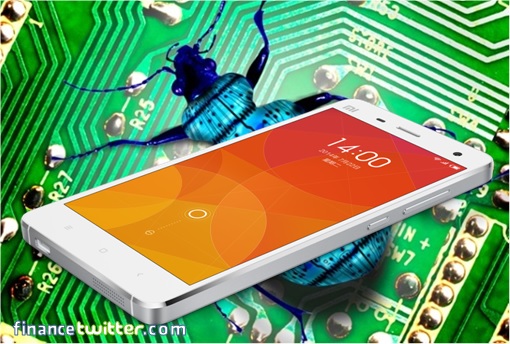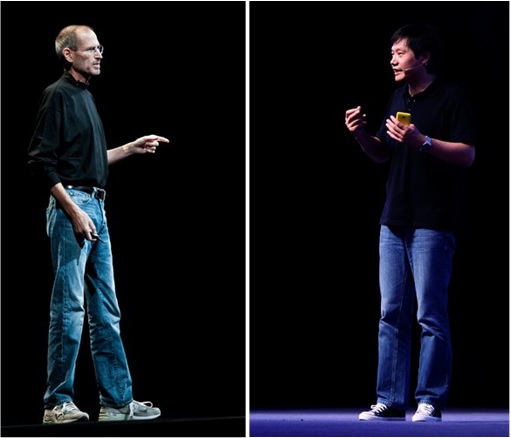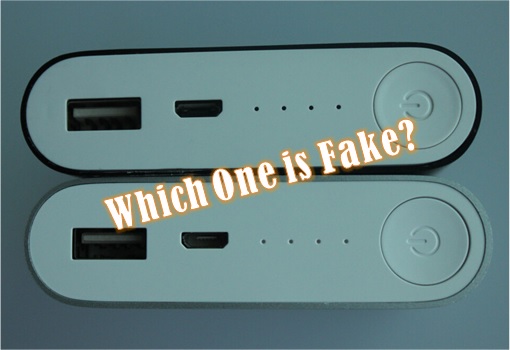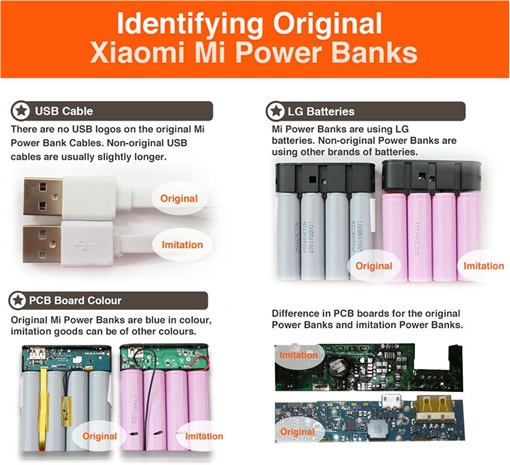Previously, Xiaomi Corp., the Chinese smartphone vendor that eventually overtook Apple Inc. and Samsung Electronics Co. in the world’s largest market, was found secretly stealing users’ data. Thereafter, its Vice President Hugo Barra apologized for the unauthorized data collection, and the company had upgraded its operating system to ensure users knew it was collecting data from their address books.
Last month, Bluebox, a data security company, revealed that their tests on Xiaomi Mi 4 smartphone was loaded with malicious malware, with some even disguised to appear as Google apps. In short, the newly purchased Xiaomi phone was pre-installed with trojans and adware. Fortunately for Xiaomi, it was not the company’s fault this round. Apparently, Bluebox purchased their Mi 4 from a physical retailer in China, which could be tampered.
Xiaomi could have had stopped spying on its users, for now, but there was a glaring problem with Bluebox’s discovery. It shows that Xiaomi, which has been ridiculed and criticised for being a copycat, has found its greatest enemy – counterfeits. From similarities of its smartphone to Apple’s, to CEO Lei Jun copying Steve Job’s turtlenecks: you name it and Xiaomi has done all the copying.
Last week during an online sale to celebrate the company’s fifth birthday, Xiaomi made a new Guiness Record – sold 2.1 million smartphones, 38,000 televisions, and 770,000 smart devices in 12 hours. That speaks volumes about the success of the 5-year-old company, which at US$45 billion, is the world’s more valuable startup. Xiaomi doubled revenue last year and more than tripled smartphone shipments to 61.1 million units.
Despite the successful sale and the Guinness Record made, big boss Lei Jun admitted the company’s biggest problem and nightmare. At a press conference in Beijing, the Steve Jobs wannabe complained about its sales of the company’s Mi Power Bank battery pack for smartphones. While it hit 14.6 million units last year, it was less than half of what the total should have been. The culprit – too many fakes (*grin*).
Lei Jun further bitched that if there were no counterfeits, Xiaomi’s sales would be double or triple. Based on the company’s selling prices – ranging from US$7.90 to US$21 – for the popular Mi Power Bank products, Xiaomi’s revenue to counterfeiters would be at least US$115 million. In a world of dog-eat-dog and counterfeiter-copy-counterfeiter in China, it seems Xiaomi has begun to feel the pain of piracy and counterfeiting.
In reality, the problem of fake Xiaomi Power Bank is not new. You can literally find tons of such counterfeits around shops or even night markets selling such accessories. Heck, even some banks are giving away “fake” Xiaomi Power Bank, through their appointed “agents” desperately pushing credit cards (*grin*) to shoppers. Unlike an iPhone where its iOS cannot be replicated, very few can determine if a Xiaomi Power Bank is a fake or otherwise.
For now, it can be safely presumed that fake Xiaomi smartphones are confined to China alone. As long as you purchase Xiaomi smartphone from their official website, it should be safe. But as demand increases, Xiaomi starts appointing local authorised distributors, resellers and whatnot. How on earth can Xiaomi ensure that this third-party resellers do not sell fake Xiaomi smartphones, as in the case of Bluebox?
Other Articles That May Interest You …
- Forget About US$10,000 Apple Watch. Here’s China Version For Just US$40
- New Xiaomi Mi Note – It’s Samsung Note Killer, Not iPhone Killer
- After Triple-Digit Growth, Could Xiaomi Pull More Rabbits From Its Hat?
- Only In China – Fake Bank Scams 200 Customers Of 200 Million Yuan
- Another Copycat Product – Xiaomi Macbook Air?
- Here’s How Xiaomi Secretly Steal Your Data For Chinese Govt, And How You Can Block It
- Sold Out In Less 30-Sec, Here’s Proof Xiaomi Bluffs

|
|
April 14th, 2015 by financetwitter
|


|

|

|

|

|

|
































Comments
Add your comment now.
Leave a Reply